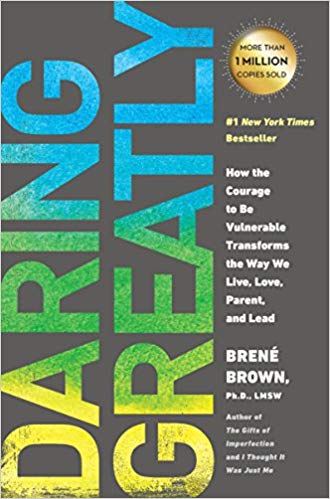
Monthly Archives: April 2019
Recovery…Like a Bull

In recovery, especially the early stages of recovery, we have to work very, very hard. We can not let up at all, and it reminds me of the strength and persistence a bull has when he is trying to kick a bull rider off his back….the bull is working overtime to remove the weight that is making him feel unhappy, agitated, unsettled, and even angry. I’m wondering if that sounds like anyone who has worked in early recovery from an addiction or from recovering from a relationship. Yes, early recovery can feel very unpleasant at times, and it takes some time before we genuinely feel the authentic benefit of our hard work. However, the good news is that the harder we work at the beginning, the stronger the recovery foundation we have, and our recovery begins to build on itself and become this wondrous feeling of new-true self. Remembering the bull analogy, if we are strong, persistent, even bull-headed, about our recovery, and make it our number one priority, especially in early recovery, the long term benefits are great, and our relationships become better and healthier. So, if you are in recovery from anything….addiction, relationships, ambiguous grief, try making yourself and your Self Care Plan a priority, and do Recovery, Like a Bull.
